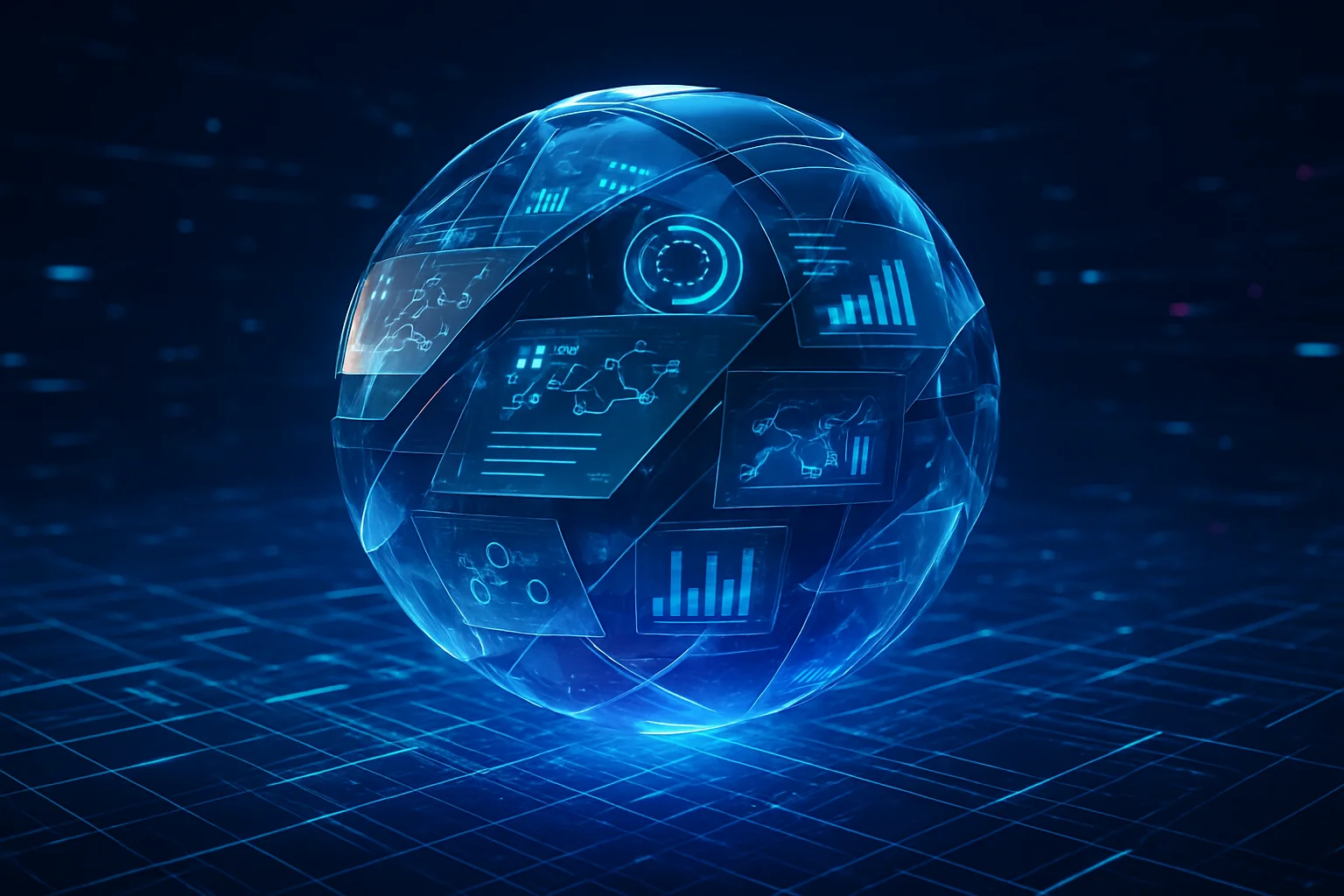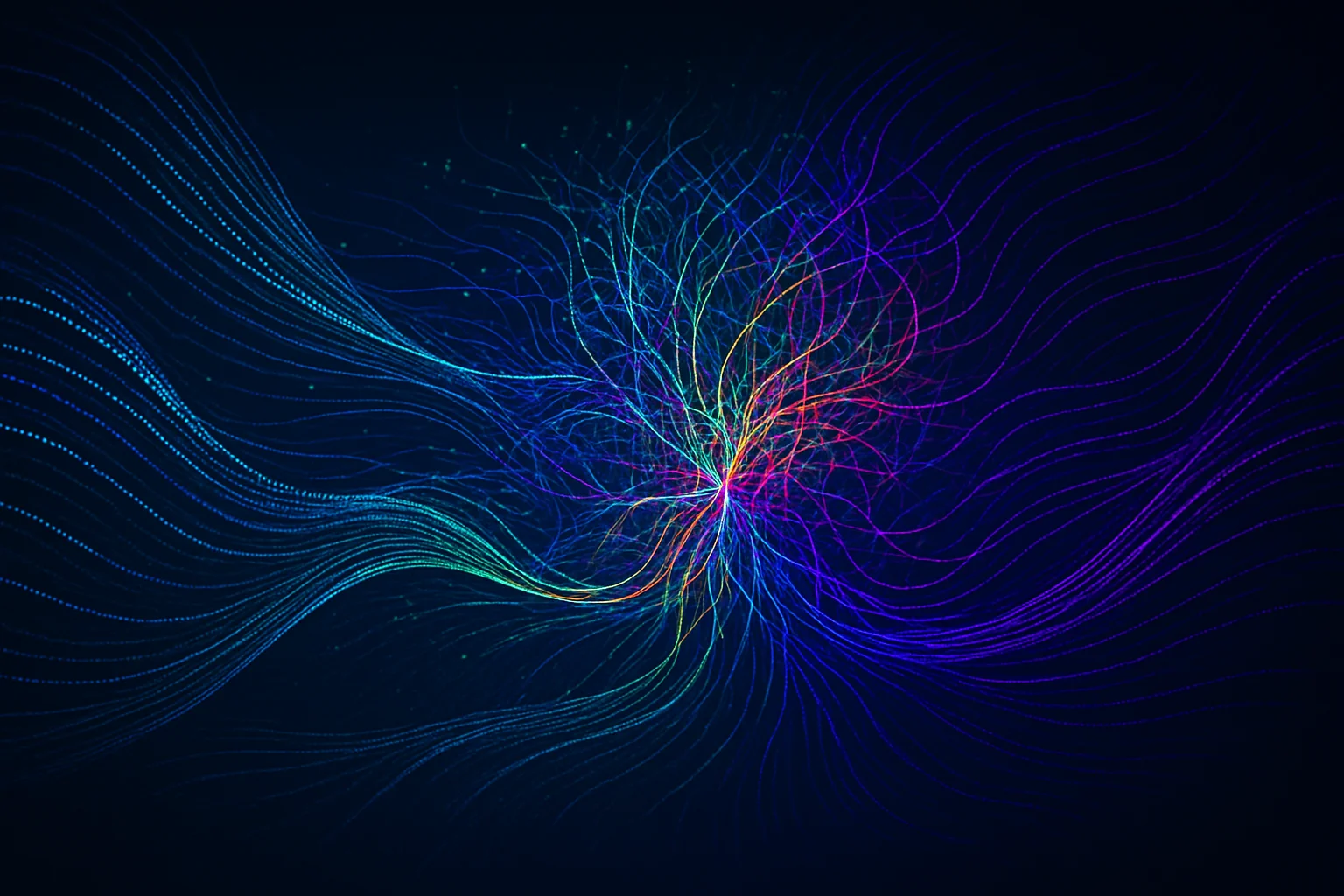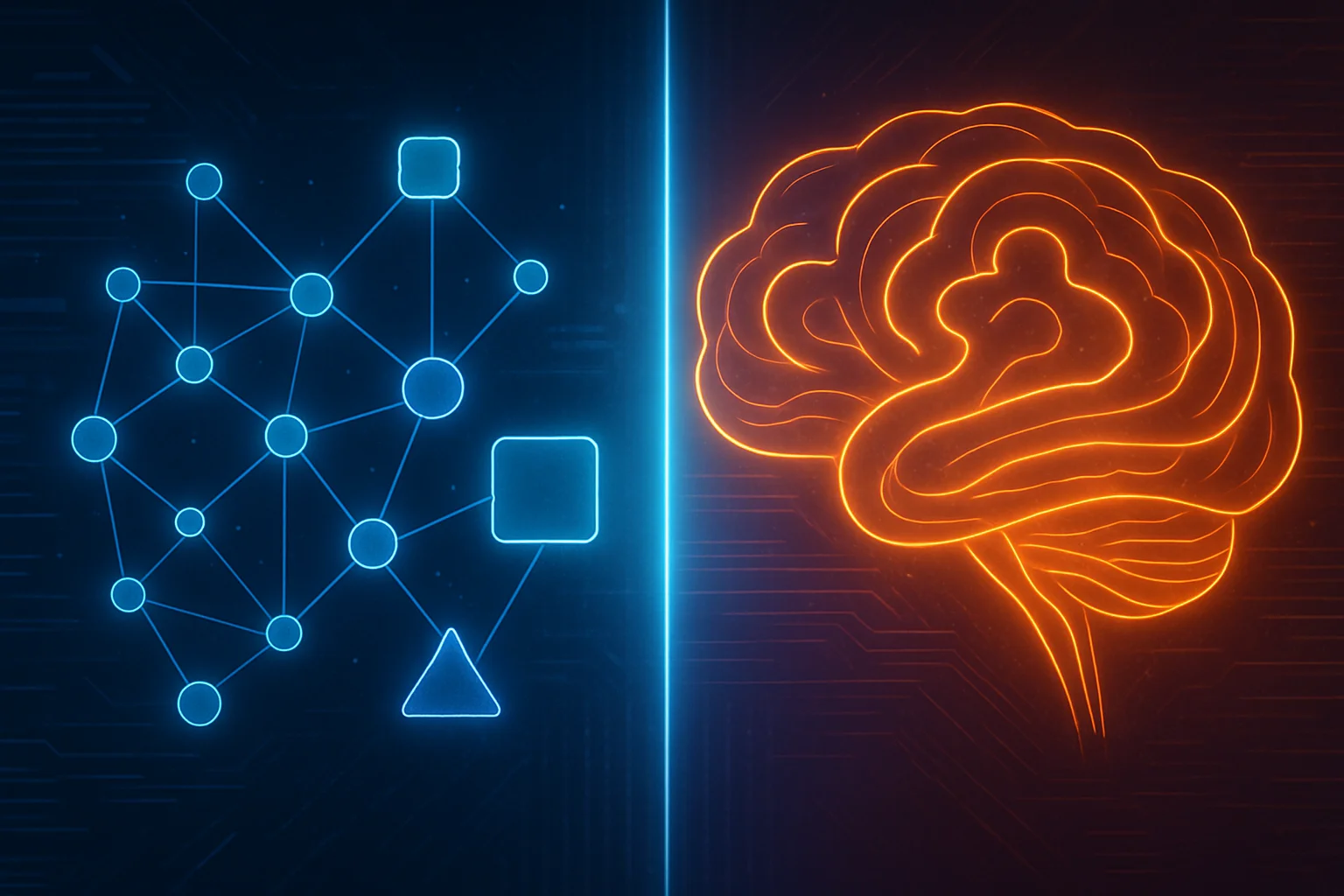The choice between AI marketing tools and AI marketing agents is a massive decision. The core thesis here is that while AI marketing tools are excellent for executing specific tasks, AI marketing agents orchestrate these tasks into cohesive, autonomous workflows, mimicking the strategic decisions of a human marketer. This distinction is crucial in 2025, as companies strive to maximize efficiency and creativity in a landscape defined by rapid technological advancements and stricter SEO standards. For a deeper dive into the potential of AI marketing agents, check out our complete AI marketing agents guide.
What This Article Covers
- Decide When to Use Tools vs Agents: Learn how to evaluate your marketing needs to choose the right AI solution.
- Understand the 4-Layer AI Marketing Stack: Discover a framework to guide your AI investments.
- Implement AI Solutions Effectively: Get a step-by-step guide to integrating AI into your marketing workflows.
- Identify Common Pitfalls: Recognize the challenges and misconceptions to avoid costly mistakes.
- Explore Practical Use Cases: See real-world examples of how businesses are leveraging AI tools and agents.
Tools vs Agents: Understanding the Difference
AI marketing tools and agents represent different stages on the AI maturity curve. Tools are designed for specific tasks like content creation or audience segmentation, offering quick wins with minimal complexity. In contrast, agents integrate multiple tools and data sources to automate complex workflows, requiring a higher initial investment but providing long-term efficiency gains.
This is exactly how Gentura operates under the hood: agents orchestrate structured, hardcoded workflows where each step (research, planning, writing, optimization, publishing) is executed in a fixed sequence. Tools are still used — but always inside these workflows. This keeps performance predictable and prevents the agent from “going off the rails,” while still allowing decision-making at each step.
The 4-Layer AI Marketing Stack
To effectively deploy AI in marketing, consider the "4-Layer AI Marketing Stack":
- Data Ingestion & Integration: Connect CRM, CDP, and analytics platforms.
- Model Execution: Utilize LLMs and predictive models for personalized marketing.
- Orchestration & Decision Logic: Implement agent frameworks and feedback loops.
- Execution & Action: Automate tasks like publishing and ad spend adjustments.
This framework helps pinpoint where to invest in tools or agents based on your current capabilities and goals. Gentura’s workflows sit squarely in layers 2–4: agents orchestrate the system, while tools execute specialized tasks within that framework.
Practical Use Cases
Consider a SaaS startup that uses an AI writing tool to draft blog posts. By integrating a simple agent, the startup can schedule posts, optimize headlines, and manage publishing via a CMS. Similarly, an e-commerce marketer might use a churn-prediction tool for segmentation, coupled with an agent to trigger personalized email flows in real time.
This mirrors how Gentura runs full-stack marketing: competitors are analyzed automatically, keyword strategies are generated, content is written in structured multi-step iterations, and publishing is handled by computer-use agents — all inside a controlled agent framework.
How to Implement AI in Your Marketing
- Audit Existing Workflows: Identify bottlenecks and areas for improvement.
- Define Clear Objectives: Set measurable goals, like reducing CAC or increasing content output.
- Map Tasks to Tools or Agents: Determine which tasks can be automated with tools and which require agents.
- Pilot a Single Tool or Agent: Start small to test effectiveness.
- Integrate into Data Pipelines: Ensure seamless data flow and establish monitoring systems.
- Iterate and Optimize: Refine prompts, rules, and orchestration logic.
- Scale Gradually: Expand to additional channels and use cases as confidence grows.
For more on AI marketing automation, explore AI Marketing Automation: Everything You Need to Know.
FAQ
What is the difference between an AI marketing tool and an AI marketing agent?
AI marketing tools perform specific tasks, while agents orchestrate multiple tasks into autonomous workflows.
Do I need an AI agent if I already use AI tools?
Agents are beneficial if you require cross-channel coordination and dynamic decision-making that tools alone can't provide.
What are the risks of deploying AI agents in marketing?
Risks include data bias amplification, integration complexity, and the need for robust governance and oversight.
How do I measure ROI on AI marketing agents?
Track metrics like efficiency gains, cost savings, and increased output against your defined objectives.
Can AI agents handle compliance and privacy regulations?
While agents can assist, human oversight is crucial to ensure compliance with evolving regulations.
Conclusion
Choosing between AI marketing tools and agents depends on your specific needs and strategic goals. The main takeaway is to leverage the strengths of both to craft a hybrid approach that enhances efficiency and creativity. If you'd rather have autonomous agents run this entire workflow for you, Gentura can do it on autopilot while you focus on product.
Gentura builds autonomous marketing agents that replace the full expert marketing workflow. Our agents research, plan, write, optimize, publish, and monitor content automatically.
Related Articles

AI Marketing Agents: The Complete 2025 Guide
Discover how AI marketing agents transform strategies with the 5D Framework for 2025. Scale, personalize, and optimize seamlessly.

AI Marketing Automation: Everything You Need to Know
Discover how AI marketing automation transforms campaigns with personalization and predictive insights in 2025.
Ready to Get Started?
Transform your marketing with AI-powered agents. Create content at scale, optimize campaigns automatically, and grow faster.
Get Your AI Agent
